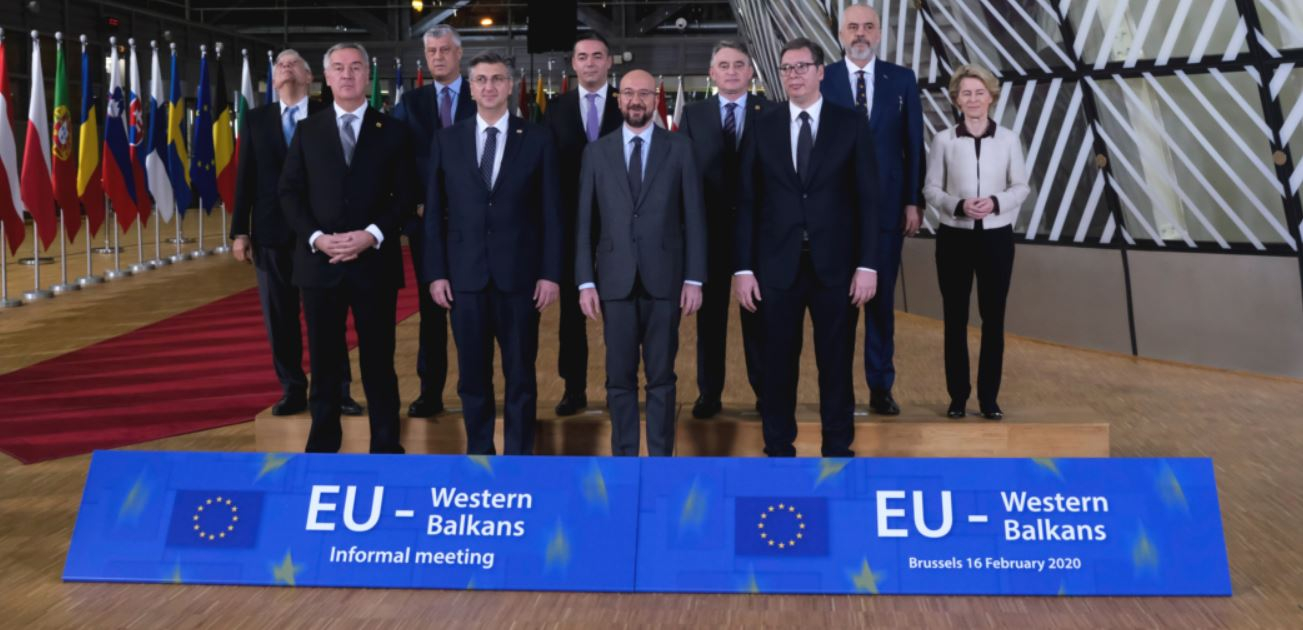
Practical information
Themes and regions
Related centers and programs
The Western Balkans have been on the EU path for more than twenty years now, without really getting closer to EU accession. Their European perspectives took a new turn with Russia’s aggression against Ukraine.

The new geopolitical context makes their accession an incontrovertible goal. Yet, much remains to be done to make it a reality. Disrupted by bilateral disputes and contested sovereignty issues, the EU’s accession policy has lost much of its clout, and it is ill-equipped, in its present form, to tackle serious challenges in the East, let alone complex security-related issues. Also, its revamp, whilst necessary, hinges on sensitive internal reforms in the EU and on Member States’ competing visions of the future of Europe. What course should the EU set for a more strategic accession policy in the new geopolitical context? What reforms would the EU need to undergo to ensure the proper and timely completion of the process? How can the EU counter the disrupting power of open bilateral disputes and contested sovereignty issues and effectively promote good neighbourliness? In a word, what should a new agenda for the EU in the Western Balkans look like?
Programme
Welcome
Dominique David, President of the Austro-French Centre for Rapprochement in Europe; Advisor to the Executive Chairman of the French Institute of International Relations (Ifri)
Discussion
Donika Emini, Member of the Balkans in Europe Policy Advisory Group (BiEPAG), Researcher at the University of Westminster and Executive Director of CIVIKOS
Alexandre Adam, Former Europe advisor to French President Emmanuel Macron, Member of the Council of State of the French Republic and Member of the Council of the European Council on Foreign Relations
Moderation
Florent Marciacq, Deputy Secretary General of the Austro-French Centre for Rapprochement in Europe and Associate Researcher at the French Institute of International Relations (Ifri
REGISTRATIONS ARE CLOSED

Related Subjects
Other events

EV Supply Chains for Japan and Europe: Strengthening Economic Security
Economic security aims to ensure the resilience of supply chains for key industries: the case of electric vehicle production in Japan and Europe will be discussed.

From Ambition to Action: Exploring Technological Partnerships with India
The 16th EU-India Summit, held on January 27th in New Delhi with European leaders António Costa, Ursula von der Leyen, and Prime Minister Narendra Modi, marks a significant milestone in deepening EU-India relations. At the same time, official bilateral visits from EU member states are on the rise, including that of the French President, who visited India in February to participate in the Artificial Intelligence Summit. As India asserts its technological ambitions and seeks to reduce its dependence on China, Europe is stepping up its efforts to diversify its strategic partnerships.






